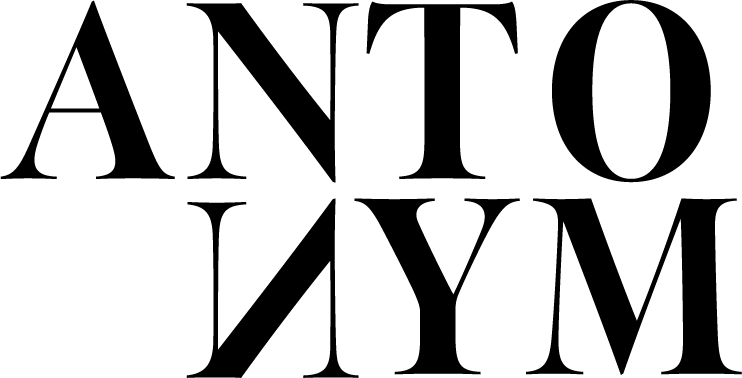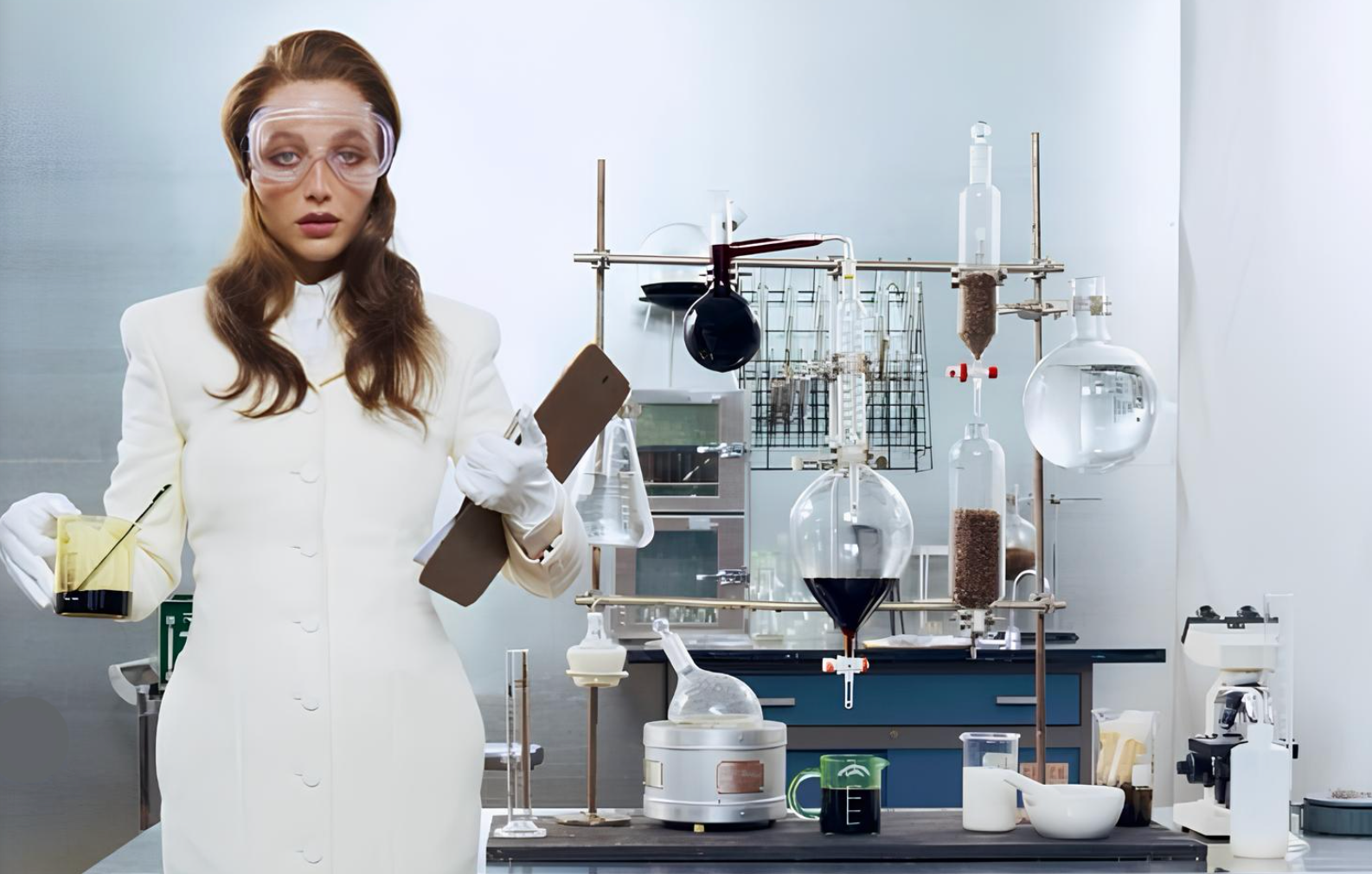The Nixed List: Claims Edition
Patty Carroll - Laboratory
Sameness is the deadly enemy of branding. But the temptation to use the same words over and over as shorthand for legitimacy is strong. It’s as if those words start replicating themselves, worming their way into copy with few safeguards as to whether or not they’re actually, y’know, true.
Antonym collects words, phrases, and clichés that get thrown around with little substantiation, vowing to find legitimate, impactful alternatives to quick fixes and copycat pseudoscience. Trust us, the list never lacks for new additions, such as...
Science-backed
We are very pro-science. We’re also very against brands (and certain podcast hosts, celebrities, and government officials with zero scientific expertise) reaching for the term science-backed when the “science” part is extremely iffy. (See also: Proven.)
Who did all your unbiased research, on whom, to what end, in which controlled environment, and how exactly did the results pan out? People can sniff out flimsy research, and the potential for misleading claims, bad reviews, interrogations via social media, and legal exposure is massive.
Real
We applaud your philosophical exploration of the definition of reality. Indeed, what does it mean to exist? Do we measure it through our physical senses, our rational deductions, or group consensus? Great questions for the book club.
In copy, the rules are different. Everybody says they are totally real. How do you determine what is real, exactly, and does that suggest everything else is fake? Is the fruit scent of your product real? What’s the formula and how was it made? Is your imagery unfiltered and unedited in the quest for realness?
Essentials
A product people can’t live without is the dream, one we share with our partners. But once you get past oxygen, food, shelter, caffeine … we can’t label everything essential.
It’s a dated go-to for lifestyle brands to talk about core offerings, genericized to the point of meaninglessness. You’re moving away from benefits and results into something nebulous.
Clean
Clean still persists, even though the backlash has been going for years now. It’s a testament to how powerful the word is, and why: it’s short, simple, evocative, and ingrained into our social history.
No fixed guidelines and complete subjectivity are still part of the problem, as is the connotation of big-batch preservatives and production being universally bad. And like all words on the nixed list, deeply vague. Is it about feeling clean, looking clean, purchasing with a clean conscience … nobody knows.
Natural
You know who looks great on the press tour? Pamela Anderson. Fantastic. But the accompanying coverage inevitably mentions natural and naturally-powered. These close cousins of clean are ill-defined promises that you’re natural, not fake!
Again, what makes you natural exactly? It’s good, old fashioned, back-to-the-land marketing, with a healthy dose of status added. The term purports to bring out the natural beauty in all of us, but also invites us to trek up to morally higher ground.

